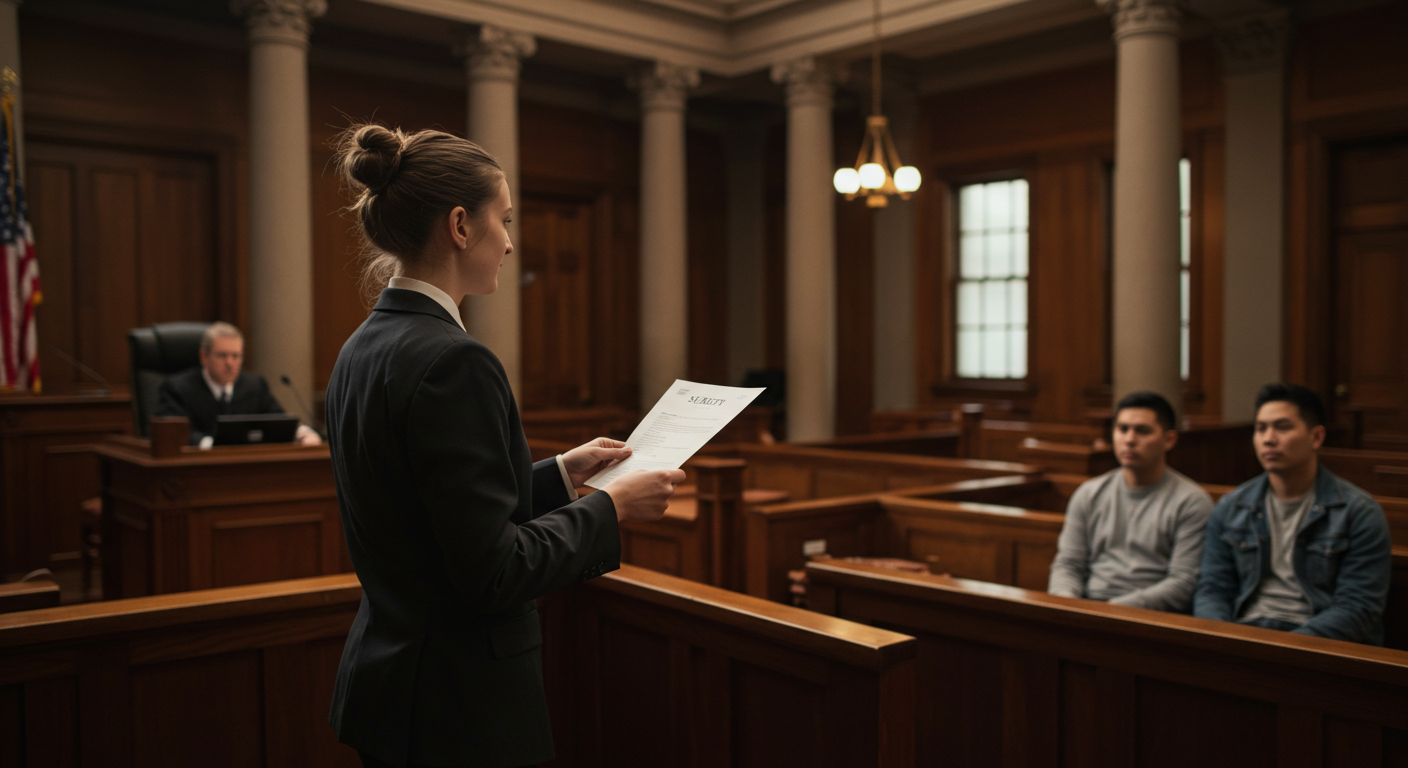Standing as a Surety in Court: What It Means and the Consequences

Standing as a Surety in Court: What It Means and the Consequences
When someone is asked to stand surety in court, it means they are being called upon to take on a significant legal responsibility. Understanding the role of a surety, its implications, and the potential consequences is crucial. In this article, we will explore what it means to stand as a surety in court and the associated consequences.
What Does It Mean to Stand as a Surety in Court?

Standing as a surety in court involves a legal commitment in which an individual agrees to take responsibility for the actions and compliance of a defendant who has been granted bail. In essence, the surety becomes a guarantor for the defendant’s appearance in court and adherence to any bail conditions imposed by the court.
Key Responsibilities of a Surety

- Ensuring the Defendant’s Appearance: The primary responsibility of a surety is to guarantee that the defendant will appear in court on scheduled dates throughout the legal proceedings. Failure to do so can result in the forfeiture of the surety’s bond.
- Financial Obligation: In many cases, sureties are required to provide a financial guarantee to secure the defendant’s release. If the defendant fails to appear in court or violates bail conditions, the surety may be liable to pay the full bail amount.
Consequences of Being a Surety

- Financial Liability: Perhaps the most significant consequence of standing as a surety is the potential financial liability. If the defendant breaches bail conditions or fails to appear in court, the surety may be required to pay the entire bail amount to the court. This can be a substantial financial burden.
- Legal Obligation: As a surety, you are legally bound to fulfil your obligations, which can involve significant time and effort in ensuring the defendant’s compliance with the court order for them to attend court..
- Strained Relationships: Acting as a surety can strain personal relationships, particularly if the defendant does not meet their legal obligations.
- Impact on Your Own Legal Status: If you have pending legal matters or a criminal record, acting as a surety may have consequences on your own legal status, and it’s essential to consider how this role may affect your situation.
- Proof of funds: You must be able to demonstrate a legitimate source of funds and your ability to make payment if the Defendant does not attend court. This often involves providing your bank statements.
Conclusion: Standing as a Surety in Court

Standing as a surety in court is a significant legal responsibility that should not be taken lightly. It involves guaranteeing the defendant’s appearance in court and their compliance with bail conditions.
The consequences of failing to fulfil these obligations can be severe, including financial liability, legal obligations, and strained relationships. Therefore, individuals asked to stand as sureties should carefully consider the implications and seek legal advice if necessary before accepting such a role.
It’s essential to fully understand the commitment and potential consequences associated with being a surety before agreeing to take on this responsibility.
Notice: Informational Content Disclaimer
The content provided on this website, including articles, blog posts, and other informational materials, is intended for general informational purposes only. It is not intended as, and should not be considered, legal advice.
Visitors to this website should be aware that the information presented here is not a substitute for seeking legal advice from a qualified solicitor or legal professional. Each individual's legal situation is unique, and the information provided may not be applicable to specific circumstances.
If you require legal advice or have specific legal questions, we encourage you to contact us directly. Our experienced team of solicitors is here to assist you with your legal needs and provide tailored advice to address your concerns.
Please be advised that any communication through this website, including the use of contact forms or email, does not create a solicitor-client relationship. Confidential or time-sensitive information should not be sent through this website. To establish a solicitor-client relationship and discuss your legal matters in detail, please contact us for a consultation.
We strive to provide accurate and up-to-date information, but we make no representations or warranties regarding the accuracy, completeness, or suitability of the information contained on this website. We shall not be liable for any reliance placed on the information provided herein.
Thank you for visiting our website. We look forward to the opportunity to assist you with your legal needs.




